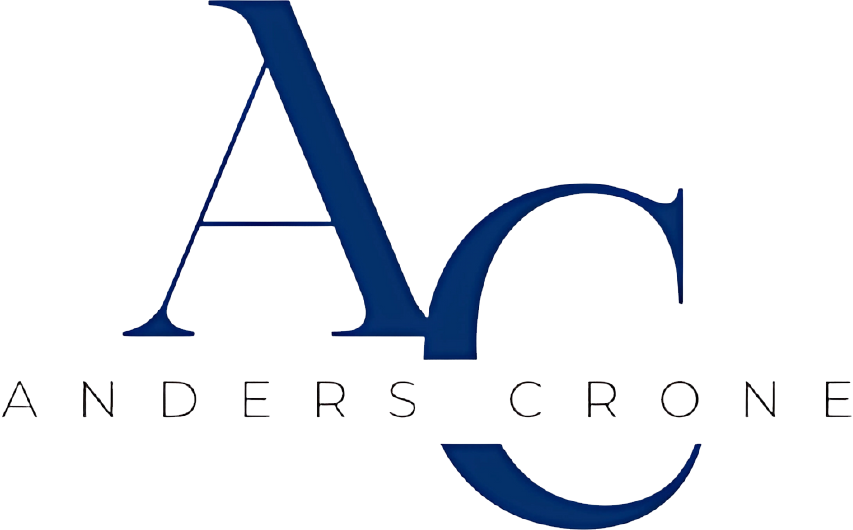Another Victory for Anders Newton Client – Claimant’s Burden to Prove Disability
In North Carolina, injured claimants do not necessarily collect disability benefits, even when they admittedly sustain an accident at work.
Attorney Jonathan Anders, a board-certified workers’ compensation specialist in North Carolina, successfully defended such a claim resulting in a $0 award for the claimant and an order compelling claimant to pay his own costs. On April 14, 2020, Deputy Commissioner Donovan of the North Carolina Industrial Commission ruled in favor of the employer and insurer that the claimant – even though he was injured on the job – was not entitled to any workers’ compensation disability benefits because he failed to meet his burden of proving disability.
In Santos v. DJS Lawn & Landscape, the claimant was bitten by a dog in the course and scope of his employment. After undergoing treatment for rabies and missing one week of work, he returned to work and filed a workers’ compensation claim seeking ongoing disability benefits. At hearing, Attorney Jonathan Anders secured sworn testimony on cross-examination establishing that claimant
- returned to full-duty work for the same wages after his accident;
- had not provided his employer any out-of-work notices or work limitations;
- was able to work without difficulty; and
- did not exhibit any signs of difficulty performing the work.
After considering the testimony, exhibits, and written briefs of the attorneys, the Industrial Commission agreed with Attorney Anders that plaintiff had failed to meet the legal burden under North Carolina law of proving disability. Plaintiff failed to produce any medical evidence either through documentation or expert testimony that he was unable to work for reasons related to his compensable injury.
Generally, an injured worker bears the burden of showing that he can no longer earn his pre-injury wages, and that the diminished earning capacity is due to the compensable injury. The worker can meet this burden by providing either (1) medical evidence that he is physically or mentally, as a consequence of the work related injury, incapable of work in any employment; (2) evidence that he is capable of some work, but that he has, after a reasonable effort on his part, been unsuccessful; (3) evidence that he is capable of some work but that it would be futile because of preexisting conditions; or (4) evidence that he has obtained other employment at a lower wage.
Practice Tip
When valuing admitted cases, remember that, in most cases, claimant bears the burden of proving disability. If claimants do not meet one of the specific legal requirements, they are entitled to no disability at all. If you have questions about proving disability, please contact Anders Newton at 919-516-8400.
************************************************************
Disclaimer: The information on the blog is provided for informational purposes only and does not constitute legal advice. Cases referenced do not represent the law firm’s entire record. Each case is unique and must be evaluated on its own merits. The outcome of a particular case cannot be based on past results.
